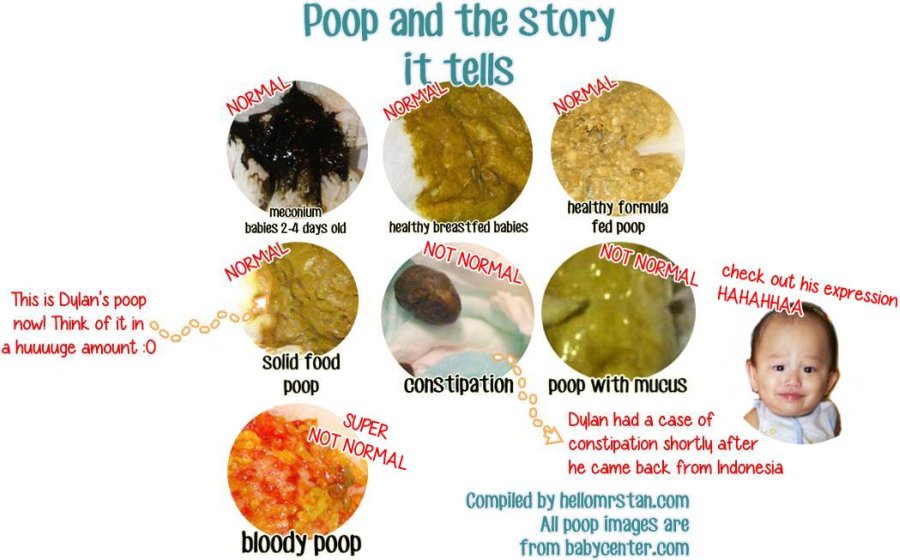
Is it safe to give water to my 3-month-old? This question weighs heavily on the minds of many new parents. Navigating the world of infant hydration can be daunting, with conflicting advice and concerns about potential risks. Understanding a baby's fluid needs in the first few months is crucial for their health and development.
For the first six months of life, breast milk or formula provides all the hydration a baby needs. Introducing water before this time can be detrimental. A 3-month-old baby's kidneys are still developing and not fully equipped to process large amounts of water. Giving them too much water can dilute their electrolytes, leading to a dangerous condition called water intoxication or hyponatremia.
Water intoxication can cause seizures, brain damage, and even death. It disrupts the delicate balance of sodium in the body, impacting vital functions. Furthermore, offering water prematurely can interfere with a baby's appetite for breast milk or formula, reducing their intake of essential nutrients vital for growth and development.
The history of infant feeding practices reveals a gradual shift towards exclusive breastfeeding for the first six months. This recommendation is based on extensive research highlighting the complete nutritional profile of breast milk and its protective properties against infections. Formula, designed to mimic breast milk, also fulfills an infant's hydration needs during this period.
Recognizing the signs of proper hydration in a 3-month-old is essential. Six to eight wet diapers a day typically indicate sufficient fluid intake. A baby's urine should be pale yellow. Dark yellow urine or infrequent urination can signal dehydration, although other factors, like illness, can also contribute to these symptoms. Consult your pediatrician if you have any concerns about your baby's hydration.
Offering a few sips of water during hot weather might seem harmless, but it's still generally not recommended for infants under six months. Even small amounts of water can disrupt their electrolyte balance and reduce their intake of nutrient-rich breast milk or formula. Focusing on frequent breastfeeding or formula feeding is the best way to ensure adequate hydration.
Some parents believe that offering a little water can help with constipation, but this is a misconception. Constipation in breastfed babies is rare. For formula-fed babies, adjusting the formula preparation or consulting a pediatrician is a safer approach than introducing water.
Several key benefits arise from exclusively breastfeeding or formula feeding for the first six months: optimized nutrition, enhanced immunity, and protection against water intoxication. These benefits underscore the importance of adhering to this guideline.
If your baby shows signs of dehydration like fewer wet diapers, dark urine, or lethargy, contact your pediatrician immediately. They can assess the situation and recommend the appropriate course of action.
Advantages and Disadvantages of Giving Water to a 3-Month-Old
| Advantages | Disadvantages |
|---|---|
| None before 6 months | Risk of water intoxication |
| Reduced intake of breast milk/formula | |
| Kidney strain |
Best Practices for Hydration in 3-Month-Olds
1. Focus on frequent breastfeeding or formula feeding. This is the cornerstone of proper hydration for babies under six months.
2. Monitor diaper output. Six to eight wet diapers per day indicates adequate hydration.
3. Observe urine color. Pale yellow urine is a sign of good hydration.
4. Consult your pediatrician. If you have any concerns about your baby's hydration, seek professional guidance.
5. Avoid giving water before six months. Unless specifically advised by your pediatrician, refrain from giving water to your 3-month-old.
Frequently Asked Questions
1. Can I give my 3-month-old water during hot weather? No, it's generally not recommended. Increased breastfeeding or formula feeding is the best way to keep them hydrated.
2. What are the signs of dehydration in a 3-month-old? Fewer wet diapers, dark urine, lethargy, and dry mouth.
3. Can water help with my baby's constipation? No, it can actually worsen the situation. Consult your pediatrician for appropriate solutions.
4. When can I start giving my baby water? Around six months of age, with the introduction of solid foods.
5. How much water should a 6-month-old drink? Small amounts offered in a sippy cup, focusing primarily on breast milk/formula.
6. What if my baby refuses breast milk or formula? Consult your pediatrician to address potential underlying issues.
7. Is bottled water safe for babies? Use filtered tap water if necessary. Bottled water isn't necessarily better and can be more expensive.
8. What if my baby seems thirsty? Offer more breast milk or formula.
In conclusion, understanding the hydration needs of a 3-month-old is paramount. Resist the urge to offer water before six months, focusing instead on frequent breastfeeding or formula feeding. This provides the complete nutrition and hydration your baby needs for healthy growth and development. Monitor diaper output and urine color for signs of adequate hydration. Consult your pediatrician if you have any concerns. By adhering to these guidelines, you can ensure your baby stays healthy and hydrated during these crucial early months. Remember, a well-hydrated baby is a happy and thriving baby.
Decoding medicaid fee for service a comprehensive guide
Decoding the dolphin premier parts diagram your ultimate guide
Unlocking the secrets of the fly line leader and tippet













